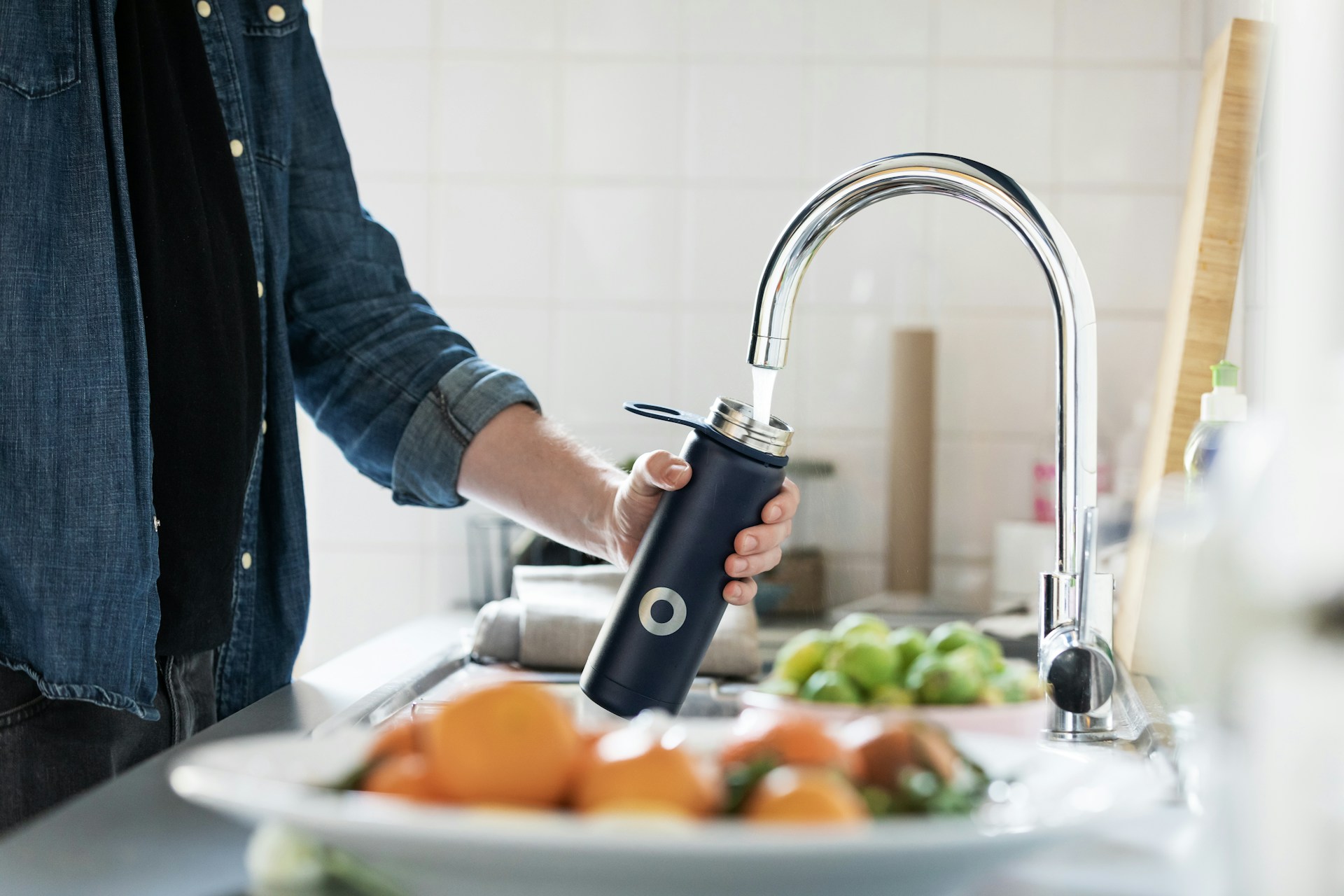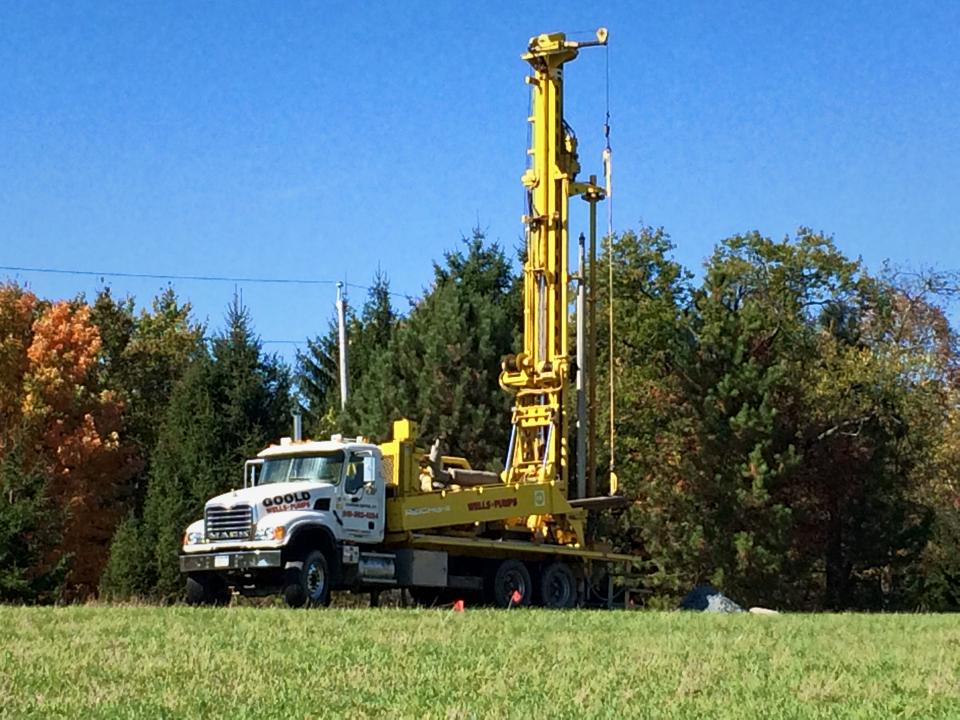Choosing between well water and municipal water is a significant decision for homeowners. While both have their benefits, their environmental impacts differ. In this blog post, we’ll explore the energy consumption, water wastage, and long-term environmental effects of well water compared to municipal water, helping you make an informed choice for your household.

Understanding Water Sources
Water sources play a crucial role in determining the environmental footprint. Well water comes from underground aquifers, accessed by drilling a well on private property. Municipal water, on the other hand, is sourced from surface water bodies like rivers and lakes, treated at a central facility, and then distributed through an extensive network of pipes to homes and businesses.
Energy Consumption: Well Water vs. Municipal Water
When it comes to energy use, well water systems generally require less energy per gallon of water used. A typical well pump runs on electricity to draw water from the ground and into your home. This localized system means the energy footprint is limited to your household.
Municipal water, however, involves significant energy use throughout its journey from source to tap. Water treatment plants consume large amounts of energy to purify and disinfect water. Once treated, the water is pumped through miles of pipelines, requiring continuous energy to maintain pressure and flow, especially in areas with varying elevation.
Water Wastage and Distribution Losses
One of the significant environmental downsides of municipal water is the potential for water wastage during distribution. Aging infrastructure and extensive networks mean that municipal water systems often experience leaks and breaks, leading to significant water losses before it even reaches your home. These losses can be substantial, with some estimates suggesting that up to 30% of water is lost in transit.
In contrast, well water systems are typically more efficient. Since water is drawn directly from the ground to your home, there is minimal opportunity for wastage. The shorter distance and direct access reduce the risk of leaks, ensuring that more of the water you use is the water you pump.
Long-Term Environmental Impact
In the long term, well water systems tend to have a smaller environmental footprint. They rely on renewable underground water sources and, with proper management, can be sustainable over generations. However, it’s important to monitor water levels and recharge rates to avoid over-extraction, which can lead to depletion of the aquifer.
Municipal water systems, while necessary for urban areas, can have a more significant environmental impact. The energy-intensive process of treating and distributing water, coupled with potential wastage, can strain natural resources. Moreover, the reliance on surface water sources means that municipal systems are vulnerable to pollution and climate-related changes, which can affect water availability and quality.

Conclusion
While both well water and municipal water provide essential services, the environmental impact of well water is generally lower. The reduced energy consumption, minimal wastage, and sustainable resource management make well water an eco-friendlier option for many households. If you’re considering your water source, weighing these environmental factors can guide you toward a choice that benefits both your home and the planet.
